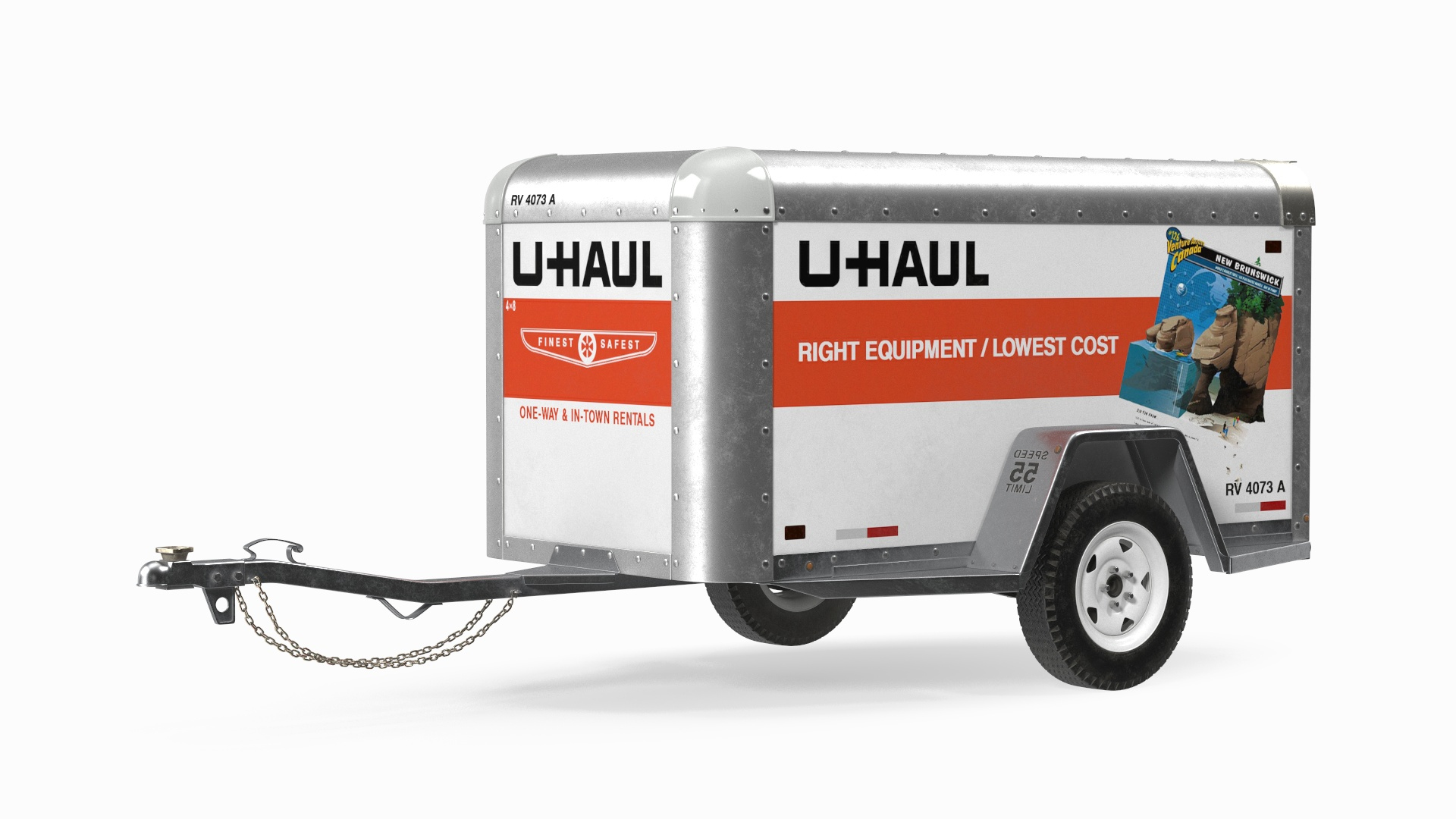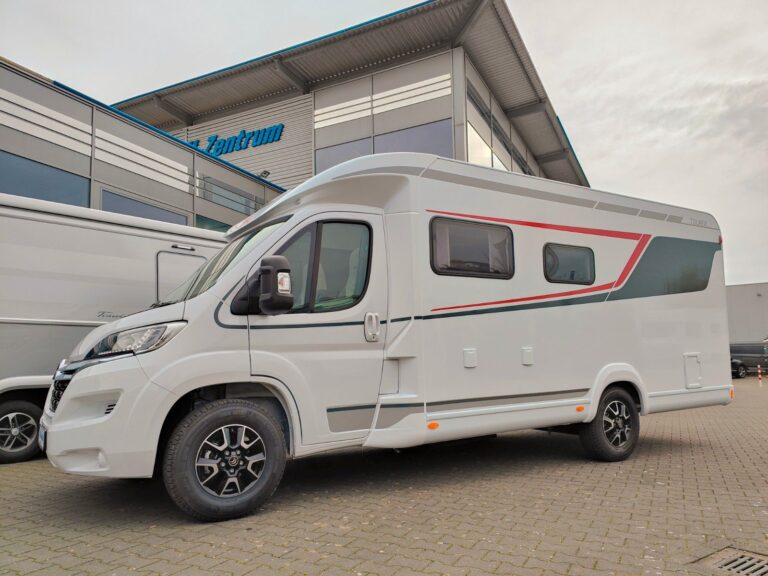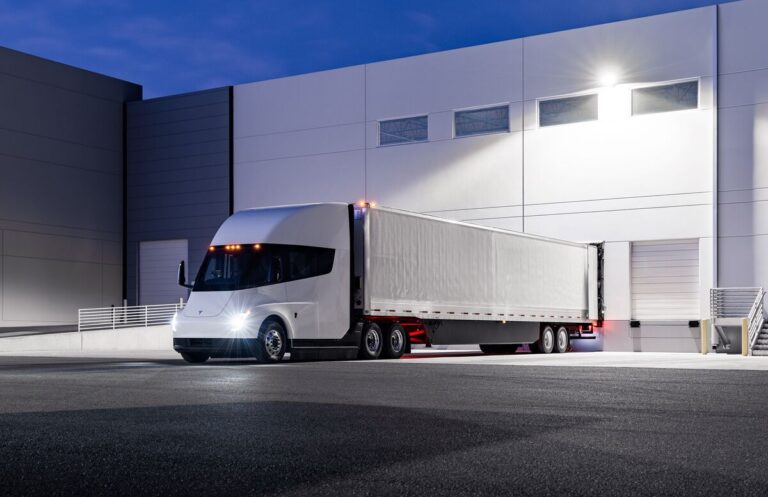How Much Is A U-Haul Car Trailer? A Comprehensive Guide to Costs and Considerations
How Much Is A U-Haul Car Trailer? A Comprehensive Guide to Costs and Considerations cars.truckstrend.com
Moving your vehicle, whether it’s across town or across the country, often requires specialized equipment. For many, a U-Haul car trailer is the go-to solution, offering a convenient way to transport cars, trucks, and SUVs without putting miles on the vehicle itself. But before you hitch up and hit the road, a crucial question arises: "How much is a U-Haul car trailer?" The answer isn’t always straightforward, as costs can vary significantly based on several factors. This comprehensive guide will break down the pricing, explore the different types of trailers, and provide essential tips to help you budget and plan your vehicle transportation effectively.
Understanding the U-Haul Car Trailer Ecosystem: Auto Transport vs. Tow Dolly
How Much Is A U-Haul Car Trailer? A Comprehensive Guide to Costs and Considerations
U-Haul primarily offers two types of car trailers, each designed for different needs and with distinct pricing structures:
-
U-Haul Auto Transport (Car Carrier): This is a full-sized trailer that lifts all four wheels of your vehicle completely off the ground.
- Benefits: Ideal for long-distance moves, protecting your vehicle from wear and tear, and suitable for all vehicle types, including all-wheel-drive (AWD) and four-wheel-drive (4WD) vehicles. It generally offers a more secure and stable towing experience.
- Considerations: Heavier and larger, requiring a more capable tow vehicle (often a U-Haul moving truck or a heavy-duty personal truck/SUV). Typically more expensive to rent.

-
U-Haul Tow Dolly: This is a two-wheel trailer that lifts the front two wheels of your vehicle off the ground, leaving the rear two wheels on the road.
- Benefits: Lighter, more compact, and generally less expensive to rent than an Auto Transport. Easier to maneuver for shorter distances.
- Considerations: Not suitable for all vehicles, particularly AWD/4WD vehicles unless specific manufacturer instructions allow for it (as towing with two wheels on the ground can damage the drivetrain). It also puts wear and tear on the towed vehicle’s rear tires and suspension. The steering wheel of the towed vehicle must be secured to prevent it from turning.

Your choice between these two will be the first major factor influencing your rental cost, with the Auto Transport being the premium option.

Decoding the Factors That Influence U-Haul Car Trailer Costs
U-Haul’s pricing model is dynamic, meaning the cost of a car trailer rental can fluctuate based on a variety of factors, much like airline tickets or hotel rooms. Here are the key elements that impact the final price:
-
Rental Type: In-Town vs. One-Way:
- In-Town Rental: This is when you pick up and drop off the trailer at the same U-Haul location. These are typically charged at a flat daily rate and are generally the most affordable option if you’re not moving far.
- One-Way Rental: This is when you pick up a trailer at one U-Haul location and drop it off at a different one. One-way rentals are significantly more expensive because U-Haul needs to account for the logistics of repositioning the equipment. The price is based on the distance of the trip and current demand for that specific route.
-
Distance of Travel (for One-Way Rentals): The further you plan to transport your vehicle, the higher the cost of a one-way rental will be. U-Haul calculates this based on the mileage between your pick-up and drop-off locations.
-
Duration of Rental: For in-town rentals, you pay a daily rate. For one-way rentals, you are given a set number of days to complete your trip, and exceeding this can incur late fees.
-
Location (Pick-up and Drop-off): Prices can vary by region, city, and even specific U-Haul dealer locations due to differences in local demand, operating costs, and equipment availability. Renting from a high-demand urban area might be pricier than from a rural location.
-
Time of Year and Demand: Peak moving seasons (typically late spring through summer, and around college move-in/move-out dates) see higher demand and, consequently, higher prices. Booking well in advance during these times can sometimes mitigate costs, but prices will still reflect the heightened demand.
-
Availability: If equipment is scarce in a particular area, prices may be higher. Conversely, if U-Haul has an excess of equipment needing to be moved to another location, you might find slightly lower prices on certain routes.
-
Additional Coverage/Insurance: While not mandatory, U-Haul offers supplemental coverage options like "Safemove" or "Safetow" which protect you against damage to the rental equipment and, in some cases, liability. These add to your total cost but can provide peace of mind. Your personal auto insurance policy might cover rented trailers, so it’s always wise to check with your provider first.
-
Taxes and Fees: Local sales taxes, environmental fees, and other administrative charges will be added to your total rental cost.
Practical Tips for Estimating and Saving on Your U-Haul Car Trailer Rental
The best way to get an accurate quote is to use U-Haul’s official website. Here’s how to do it and some tips for potentially saving money:
- Use the U-Haul Website’s Quote Tool: Enter your desired pick-up location, drop-off location (if one-way), dates, and crucially, the year, make, and model of the vehicle you plan to tow, as well as the vehicle you plan to tow with. This allows U-Haul to recommend the correct trailer type and provide a precise quote.
- Book in Advance: Especially during peak season, booking several weeks or even months ahead can secure your equipment and sometimes a better rate, though U-Haul’s pricing is very dynamic.
- Be Flexible with Dates and Locations: If your schedule allows, try adjusting your pick-up or drop-off dates by a few days, or checking nearby U-Haul locations. Sometimes, a slight change can result in a significant price difference.
- Consider In-Town vs. One-Way Carefully: If you only need to move your vehicle a short distance and can return the trailer to the original location, the in-town daily rate will almost always be cheaper than a one-way rental.
- Evaluate Insurance Needs: Contact your personal auto insurance provider to understand your coverage for rented trailers. If your policy offers adequate coverage, you might be able to decline U-Haul’s supplemental options, saving money.
- Verify Tow Vehicle Compatibility: Before reserving, ensure your tow vehicle (whether it’s a U-Haul truck or your personal vehicle) meets U-Haul’s specific requirements for weight, hitch class, and braking system. An incompatible tow vehicle can lead to last-minute changes, delays, and potentially higher costs if you need to rent a different U-Haul truck.
Beyond the Rental Cost: Important Considerations for Towing
While the rental fee is a primary concern, it’s vital to factor in other practical considerations that impact your overall experience and budget:
- Fuel Consumption: Towing a car trailer, especially an Auto Transport, significantly increases your tow vehicle’s fuel consumption. Budget generously for gas, as this can add hundreds of dollars to a long-distance trip.
- Tow Vehicle Requirements: U-Haul has strict requirements for tow vehicles, including specific hitch classes (Class II, III, or IV), wiring for lights, and sometimes brake controllers. Ensure your vehicle meets these before you arrive to pick up the trailer.
- Loading and Unloading: Safely loading and securing your vehicle onto the trailer is critical. U-Haul provides instructions, but understanding proper tie-down techniques and weight distribution is paramount to prevent damage and ensure safe towing.
- Towing Experience: Maneuvering a vehicle with a trailer attached requires practice and caution. Be aware of increased stopping distances, wider turns, and potential sway. Practice in an empty parking lot if you’re new to towing.
- State Regulations: Be aware of varying speed limits for vehicles towing trailers in different states, as well as any specific requirements for trailer brakes or lights.
Challenges and Solutions
- Availability Issues: During peak seasons, trailers can be scarce.
- Solution: Book as far in advance as possible. Be flexible with pick-up dates/times or consider alternative nearby locations.
- Unexpected Costs: Hidden fees, insurance add-ons, or fuel surprises.
- Solution: Get a detailed quote from U-Haul, including all fees and taxes. Understand insurance options thoroughly. Budget extra for fuel.
- Towing Difficulty: Managing a large trailer can be intimidating.
- Solution: Watch U-Haul’s instructional videos, read the manual, and practice driving in a safe, open area before embarking on your trip.
U-Haul Car Trailer Estimated Price Table
Please note that these are estimated ranges and U-Haul prices are dynamic, fluctuating based on location, demand, and specific dates. The best way to get an accurate quote is always directly from the U-Haul website.
| Category | Rental Type | Estimated Price Range (Excluding Add-ons) | Typical Inclusions/Notes |
|---|---|---|---|
| U-Haul Auto Transport (Car Carrier) | In-Town (Daily) | $55 – $75 per day | Designed for all vehicles, lifting all 4 wheels off the ground. Requires a tow vehicle with a minimum Class III hitch (5,000 lbs towing capacity) and proper wiring for lights. Recommended for AWD/4WD vehicles and long distances. |
| One-Way (Per Trip) | $600 – $1200+ | Price is highly variable based on distance, route popularity, and demand. This is the most common option for cross-country moves. | |
| U-Haul Tow Dolly | In-Town (Daily) | $35 – $50 per day | Lifts the front 2 wheels off the ground. Requires a tow vehicle with a minimum Class II hitch (3,500 lbs towing capacity) and proper wiring. Not suitable for all AWD/4WD vehicles unless manufacturer-approved flat towing procedures are followed. |
| One-Way (Per Trip) | $200 – $600+ | Generally cheaper than Auto Transport for one-way moves, but still highly variable based on distance and demand. | |
| Potential Additional Costs | Insurance Options | $15 – $30 per day/trip | U-Haul offers "Safemove" or "Safetow" coverage. Highly recommended to protect against damage to the trailer or potential liability. Always check if your personal auto insurance covers rented trailers. |
| Environmental Fee | $1 – $5 per rental | A standard small administrative fee. | |
| Taxes | Varies by state/locality | Applied to the total rental cost. | |
| Hitch/Wiring (if needed from U-Haul) | $100 – $300+ | If your personal tow vehicle isn’t equipped with a suitable hitch or wiring, U-Haul can install one. This is a one-time purchase/installation cost. | |
| Fuel | Significant Variable | Towing a car trailer drastically increases your tow vehicle’s fuel consumption. This can be a major hidden cost for long trips. Budget accordingly. | |
| Late Fees | Varies | Returning the trailer late beyond the agreed-upon rental period can incur additional daily charges. |
Frequently Asked Questions (FAQ)
Q1: Can I rent a U-Haul car trailer without renting a U-Haul truck?
A1: Yes, absolutely! If your personal vehicle meets U-Haul’s specific towing requirements (correct hitch class, weight capacity, and wiring), you can rent a car trailer to tow with your own truck or SUV.
Q2: What vehicles can I tow with a U-Haul car trailer?
A2: U-Haul trailers are designed to tow a wide range of vehicles, from small cars to larger SUVs and trucks. However, each trailer type has specific weight and dimension limits. The U-Haul website’s reservation system will guide you to the correct trailer type based on your towed vehicle’s make and model.
Q3: Do I need insurance for a U-Haul car trailer?
A3: While not legally mandatory in all areas, it is highly recommended. U-Haul offers supplemental coverage options like "Safemove" or "Safetow." It’s crucial to check with your personal auto insurance provider first, as your existing policy might offer some coverage for rented trailers.
Q4: How do I know if my vehicle can tow a U-Haul car trailer?
A4: You must confirm your tow vehicle’s towing capacity (found in your owner’s manual) and ensure it has the correct hitch class (Class II, III, or IV, depending on the trailer and towed vehicle weight) and a functioning wiring harness for trailer lights. U-Haul’s website also has a compatibility tool that can help.
Q5: What’s the main difference between an Auto Transport and a Tow Dolly?
A5: An Auto Transport lifts all four wheels of the towed vehicle off the ground, making it suitable for all vehicles (including AWD/4WD) and longer distances. A Tow Dolly lifts only the front two wheels, leaving the rear two on the ground, making it lighter and cheaper but generally not suitable for AWD/4WD vehicles and better for shorter distances.
Q6: Are U-Haul car trailer prices fixed?
A6: No, U-Haul prices are dynamic. They fluctuate based on factors like demand, location, time of year, and the specific route (for one-way rentals). It’s always best to get a real-time quote directly from their website.
Q7: Can I rent a car trailer for just one day?
A7: Yes, if you choose an "in-town" rental, you can rent a car trailer for a single day and return it to the same location. One-way rentals are priced per trip, regardless of whether you use all the allotted days.
Conclusion
Renting a U-Haul car trailer offers a practical solution for vehicle transportation, but understanding "How much is a U-Haul car trailer?" requires a look beyond just the base price. By considering the type of trailer, the rental duration and distance, seasonal demand, and potential additional costs like insurance and fuel, you can accurately budget for your move. Always prioritize safety by ensuring your tow vehicle is compatible and by understanding proper loading and towing techniques. With careful planning and an informed approach, your vehicle transportation experience can be smooth, efficient, and cost-effective.






